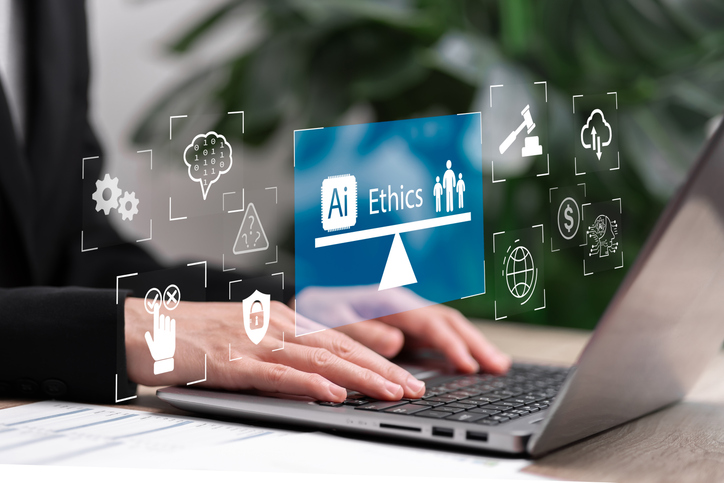Looking Back: The Value of the Archive
In the age of instant and public publishing, what’s trending now seems to be what we focus on most. What someone wrote last month, last year or even 20 years ago seems less relevant that what comes across our various feeds today. One of the great promises of digital is its ability to archive and store. All of us have been thankful we’ve saved that email from 8 months ago but with the great affordance of storage and easy retrieval, how often to we use “old” stuff? I was thinking about my rather large data collection and how much I value being able to reference it days, months and years later. For the better part of 10 years I’ve been blogging, posting images to Flickr, videos to YouTube and sharing bookmarks and a scattering of other artifacts to other spaces and still have access and reference these in a variety of ways.
Let me share how I use my personal archives.
My Blog
I’m now in my 10th year as a blogger. I proud of this space as a place of professional thinking and learning. After over 1,000 posts, I think I’ve become a better writer and communicator and have relished the interactions and connections I’ve made because of this space. While others do a better job, simply categorizing posts have helped me easily return to ideas that I’ve had or wondered about. Often as I’m writing a post the thought strikes me, “I think I’ve written this before” sometimes I have and then either scrap the post or try and take a different angle but include the previous post as a link. Other times I’ll use my posts as building blocks to presentations I’m creating. While I certainly recognize my thinking has changed in some respects, I often re-read things I’ve written and update ideas or use that to build upon.
My Bookmarks
Having been a social bookmarker for a long time, I have over 3,ooo bookmarks on Diigo. Tagging has been key to be able to reference articles and create bundles for students or workshop participants. Often times I recall an article and only remember a word in the title. Most often I find it very quickly. I don’t usually bookmark an item for reading later. I most often read, then decide if I want to save it. Read for later is usually how I use Pocket, although I do have an IFTTT recipe to autosave them to diigo as well. If I’m working on a course or specific topic I might add articles without much discernment but generally most of them are fairly substantive ideas that I can re-read at any time and discover the value and insights anew.
My photos
I use my flickr account for a variety of purposes. I review images often. I see many people take lots of photos but rarely look at them. I repurpose many photos for presentations or other projects for both work and family. I create monthly albums within iPhoto but also have a tagging system. With over 15,000 photos on flickr, finding old photos is futile unless you tag them. From a personal perspective, this is a wonderful way to relive moments. I typically have a slideshow that displays on my apple TV in my living room. It takes some forethought in making them most usable and I’m surprised how many people don’t take advantage of their own work more.
My videos
My youtube channel features a mix of produced content (although I’ve tried to put most of my produced videos on vimeo) and one take messages to my class or a conference. More so than writing, I see my skills and quality get better more dramatically. Largely because of improved tools and sharper learning curve. That said, my 2010 video for the K-12 Online Conference still resonates with many. Almost more than anything I’ve created, it reminds the value of “old”, although 5 years doesn’t seem all that old but in Internet years it’s pretty much ancient.
I think what I’m exploring here is the notion of old vs new. In some respects I’m completely ignoring the value of pre-internet ideas. I recently noticed Darren Kuropatwa reading Dale Carnegie’s book “How to Win Friend and Influence People” Written in 1937 and given the enormous number of self help books written since that time, it would seem as if that book might be irrelevant. But knowing Darren, I know he possesses the gift at being able to make connections between things that are always naturally related. While that’s a fabulous mindset to have, I don’t think that’s the real issue here. I suppose it’s the dopamine impact of social media and technology that constantly seeks something new. While I know tools like twitter aren’t meant to be consumed like a book or other media, I do think we need to develop strategies and tools that support us in not only slowing down but enhance our ability to reflect on all the content and ideas we collect. Libraries are prime examples of archives of thought. While the notion of paper has its flaws, the idea of pondering on what you thought, wrote about, created or saved last week or even 10 years ago is something we’re not very good at.
Tools and ideas to transform education. Sign up below.
My challenge or question to you is: How are you archiving your thoughts and work? Do you look back? How does that make you a more thoughtful person?
cross-posted at http://ideasandthoughts.org/
Dean Shareski is a Digital Learning Consultant with the Prairie South School Division in Moose Jaw, SK, Canada, specializing in the use of technology in the classroom. He lectures for the University of Regina and is the Community Manager of the Canadian DEN or Discovery Educators Network. Read more at http://ideasandthoughts.org.
